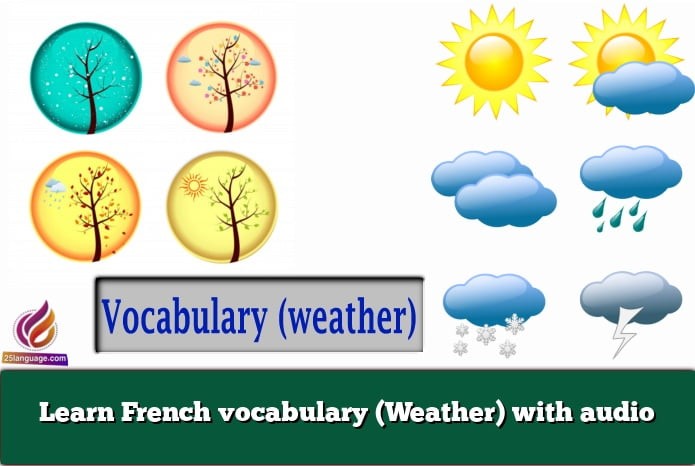Possession phrases in French
Use of phrases (Possession) in French

Learning possession phrases in French is important for several reasons:
- Expressing ownership: Possession phrases allow you to indicate who owns or possesses something. For example, “C’est ma voiture” means “It’s my car.” Being able to express ownership is essential for everyday conversations, describing relationships, or identifying personal belongings.
- Describing relationships: Possession phrases help you describe relationships between people or objects. For instance, “C’est le livre de mon frère” means “It’s my brother’s book.” Understanding possession allows you to communicate familial relationships, friendships, or connections between people and objects.
| French Possession Phrase | English Translation |
|---|---|
| C’est mon livre. | It’s my book. |
| [responsivevoice voice="Dutch Female" rate="0.8" buttontext="►"]C’est ta voiture. | It’s your car. |
| C’est son sac. | It’s his/her bag. |
| C’est notre maison. | It’s our house. |
| C’est votre chat. | It’s your (plural/formal) cat. |
| C’est leur chien. | It’s their dog. |
| C’est ma clé. | It’s my key. |
| C’est ton stylo. | It’s your pen. |
| C’est sa veste. | It’s his/her jacket. |
| C’est notre projet. | It’s our project. |
| C’est votre idée. | It’s your (plural/formal) idea. |
| C’est leur maison. | It’s their house. |
| C’est mon ordinateur. | It’s my computer. |
| C’est ton téléphone. | It’s your phone. |
| C’est son vélo. | It’s his/her bicycle. |
| C’est notre voiture. | It’s our car. |
| C’est votre sac à dos. | It’s your (plural/formal) backpack. |
| C’est leur livre. | It’s their book. |
| C’est mon chapeau. | It’s my hat. |
| C’est ta chemise. | It’s your shirt. |
These phrases demonstrate possession using possessive adjectives (“mon,” “ton,” “son,” “notre,” “votre,” “leur”) to indicate ownership. Remember that the possessive adjectives agree in gender and number with the noun they modify.





























